No. 1 Prospects by Baseball America (1990-2010)

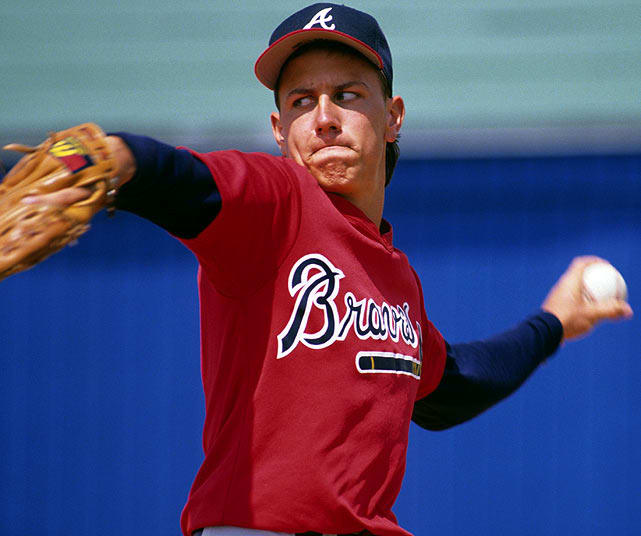
Avery got knocked around to a 3-11 record and 5.64 ERA his rookie season, but went 18-8 and was named NLCS MVP the following year as Atlanta marched to its first World Series. He pitched 11 seasons in the majors, finishing 96-83 with one All-Star appearance.
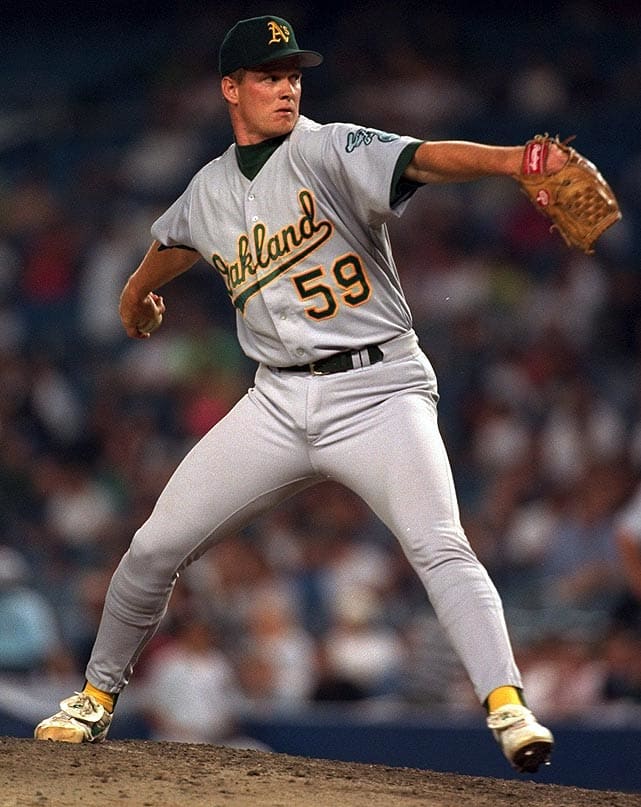
Selected in the first round of the 1990 MLB Draft after being touted as the "next Nolan Ryan," Van Poppel struggled right out of the gate. His best season with Oakland was a 4-8, 4.88 ERA campaign in 1995. He spent time with seven teams before retiring with a 40-52 record and no more than seven wins in any season.
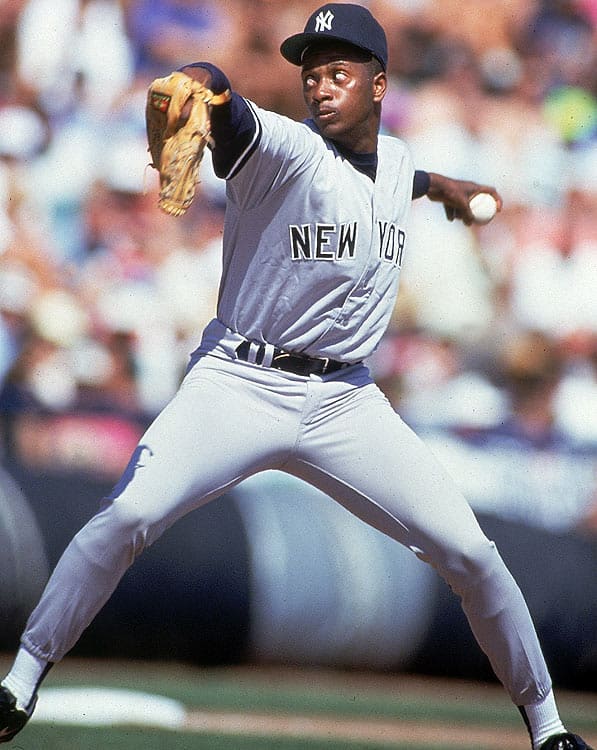
Lauded by Scott Boras as the greatest high school pitcher he had ever seen, Brien Taylor easily landed a spot with the Yankees. Early success with 187 strikeouts in 161 innings and a 2.57 ERA gave way to a sluggish fastball after Taylor injured his shoulder in a fight. Taylor goes down in MLB history as only the second first draft pick to miss out on the majors.
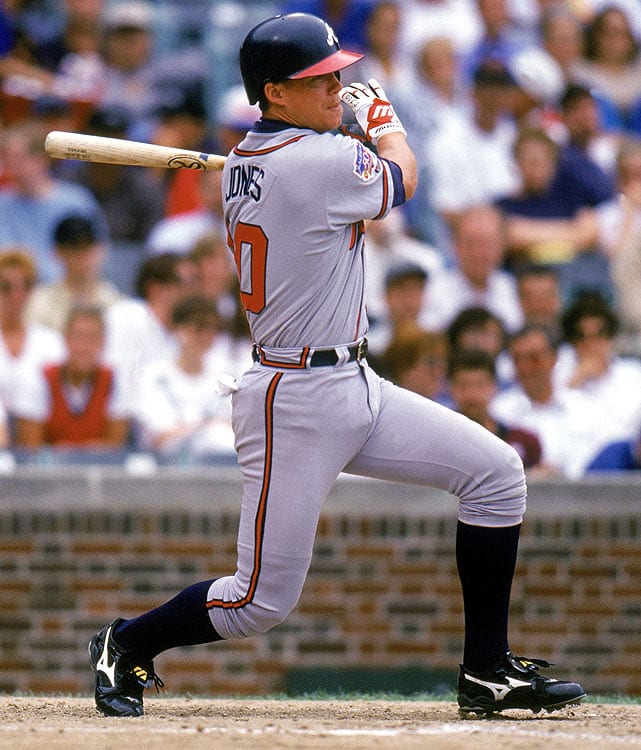
A mainstay of the Braves for 15 seasons, Jones made his debut as the youngest player in the league in 1993. A torn ACL put him out of commission for the 1994 season, but he quickly rallied. He's been named to six All-Star teams, won the NL MVP award in 1999 and will go down in history as one of the best switch hitters ever.
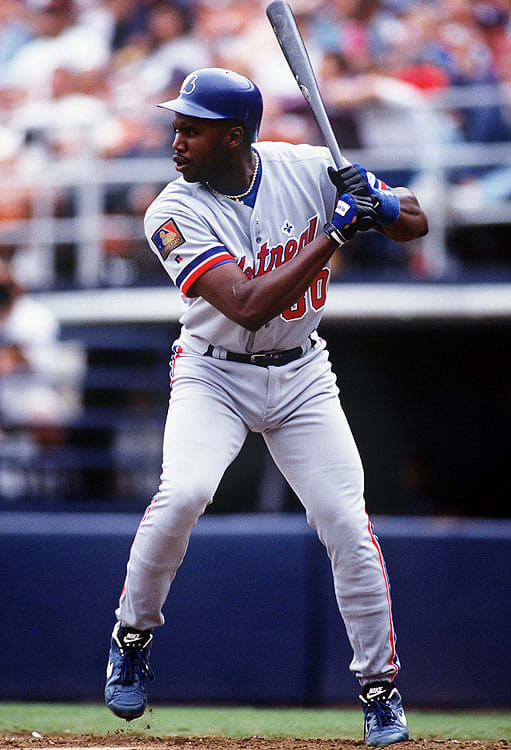
A first round draft pick for the Expos, Floyd played in 10 of that season's games, capping the year off with .226 batting average. Floyd would bounce to several teams in the coming years including the Marlins, Mets and Cubs before ending his career in San Diego with 233 home runs and a .278 batting average under his belt.
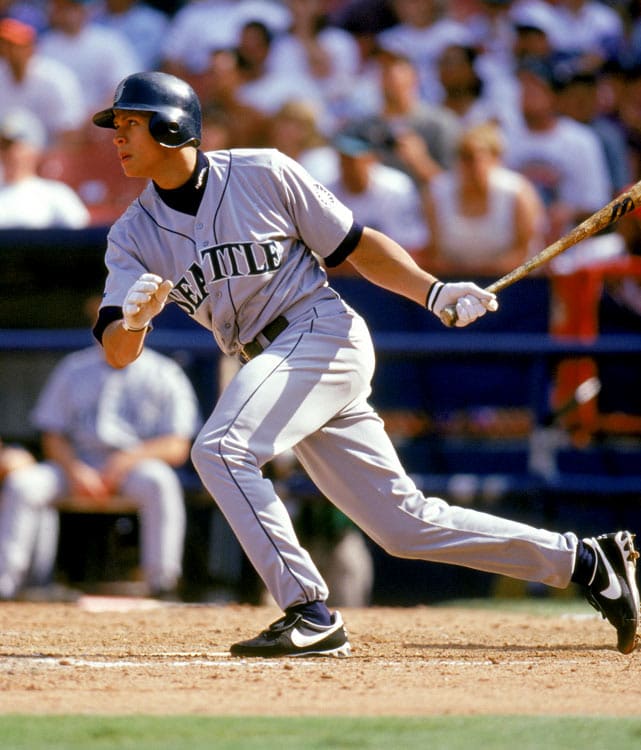
After a stint with the Calgary Cannons, Rodriguez got his first shot in the majors with two at-bats during the summer of 1995. A-Rod would continue the beginnings of his storied career the following year with 358 batting average, the third highest for a short stop. The 12-time AL All-Star and 3-time MVP would later go on to become the youngest player to hit 500 home runs.
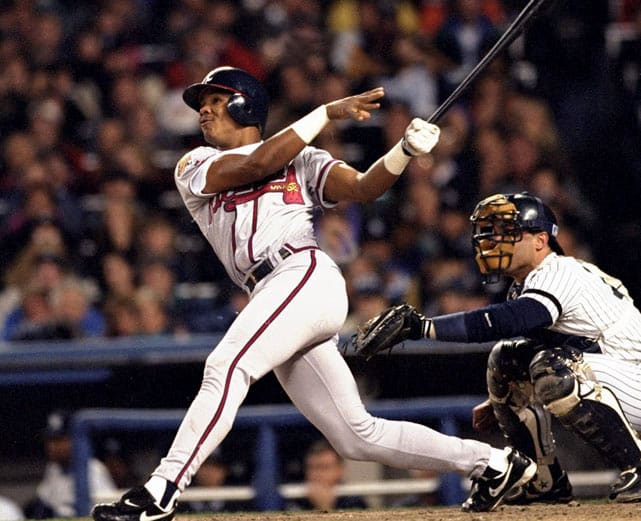
Jones delivered on high expectations by hammering two home runs in a 12-1 win over the Yankees in the 1996 World Series. He won 10-consecutive Gold Gloves with Atlanta and was a five-time All-Star. His career highlight came in 2005, when he led the majors with 51 home runs and the NL with 128 RBIs. One-year stints with the Dodgers (2008) and Rangers (2009) didn't pan out. He signed a one-year, $500,000 deal with the White Sox for the 2010 season.
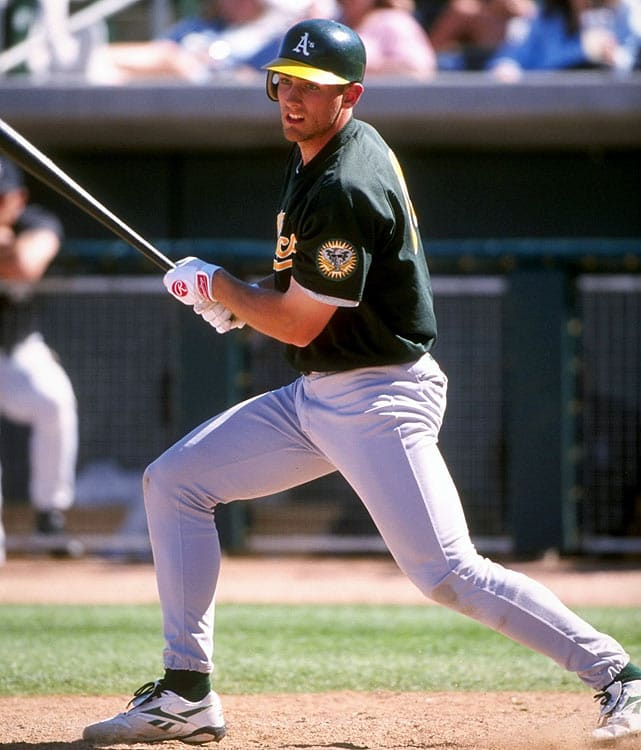
Like his father, former Rangers outfielder Tom Grieve, Ben Grieve was selected in the first round of the MLB Draft. His debut year with the Athletics proved to be one of his best with 89 RBI, a .288 batting average and selection as Rookie of the Year. His 2000 season (27 homers, .279 BA and 104 RBI) had many predicting stardom for Grieve, but he never approached those numbers again was out of the game by the end of 2005.
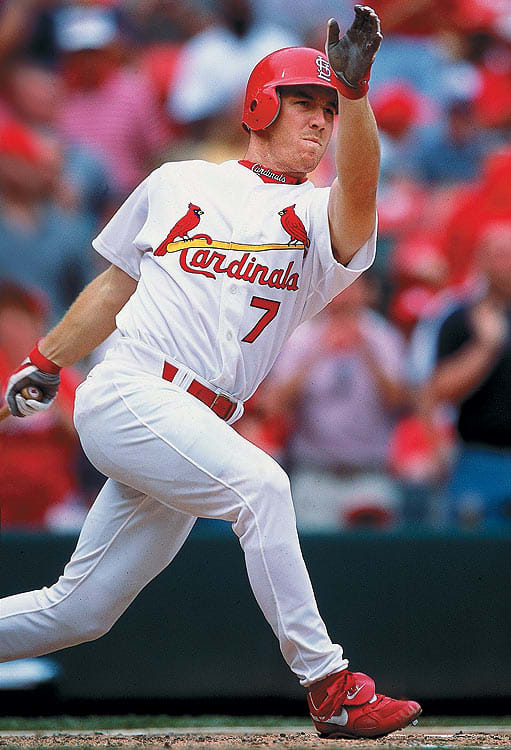
After passing on an offer from the Philies in 1997, Drew headed to the Independent Northern League before re-entering the draft in 1998. Picked up by the St. Louis Cardinals, Drew struggled with injuries. He eventually was traded to the Atlanta Braves in 2003, where he won the MVP award during his first All-Star game. He had two good seasons with the Dodgers (2005-06) before joining the Red Sox, where his playoff exploits have made amends for other perceived shortcomings.
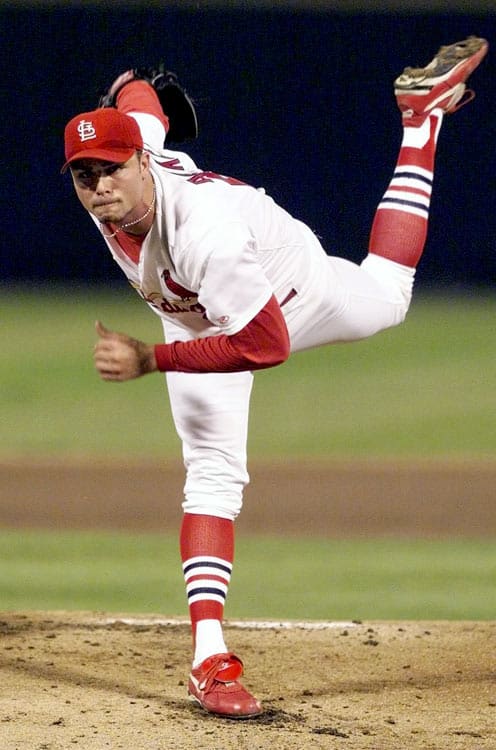
Ankiel looked like an ace in the making when he reached the majors as a 20-year-old in 1999. He went 11-7 with a 3.50 ERA in 2000 but inexplicably lost his control during the postseason and never regained it. He went back to the minors and became an outfielder, resurfacing with the Cardinals in 2007 and hitting 25 home runs in 2008. He signed with the Kansas City Royals this offseason.
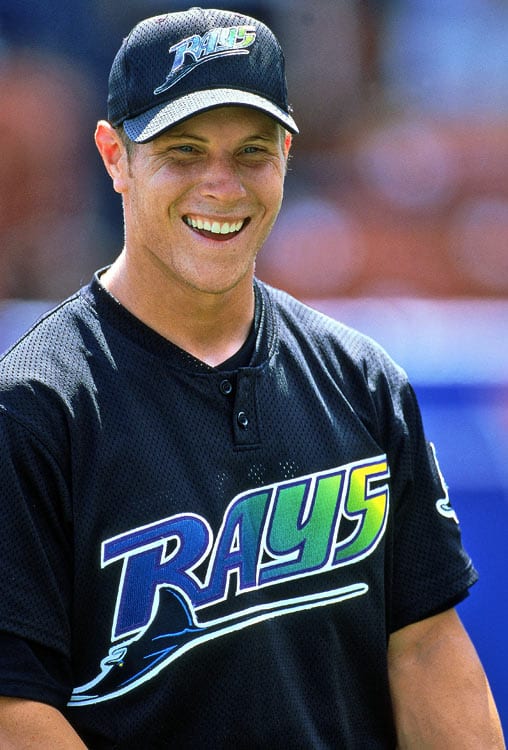
By now, Hamilton's story is the stuff of legend. Drug abuse derailed the promising career of the former No. 1 overall pick, but after leaving baseball altogether to get clean, he made it to the majors with the Reds in 2007 and became an All-Star with the Rangers in 2008, batting .304, leading the American League with 130 RBIs and putting on an unforgettable power display during the Home Run Derby at Yankee Stadium.
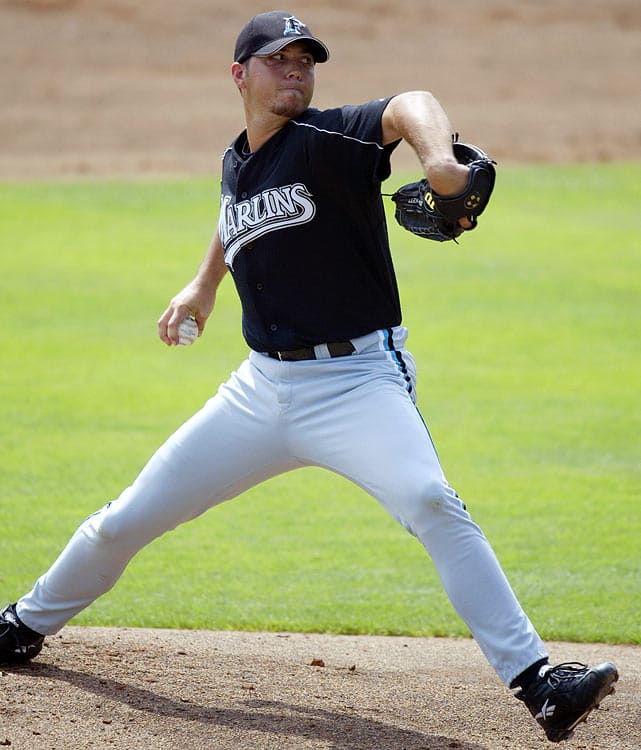
The No. 2 overall pick behind Hamilton in 1999, Beckett has burnished his reputation as the best big-game pitcher of his generation. He is 7-3 with three shutouts in the postseason, and won World Series MVP for the Marlins in 2003 and ALCS MVP for the Red Sox in 2007, on the heels of his first 20-win season.
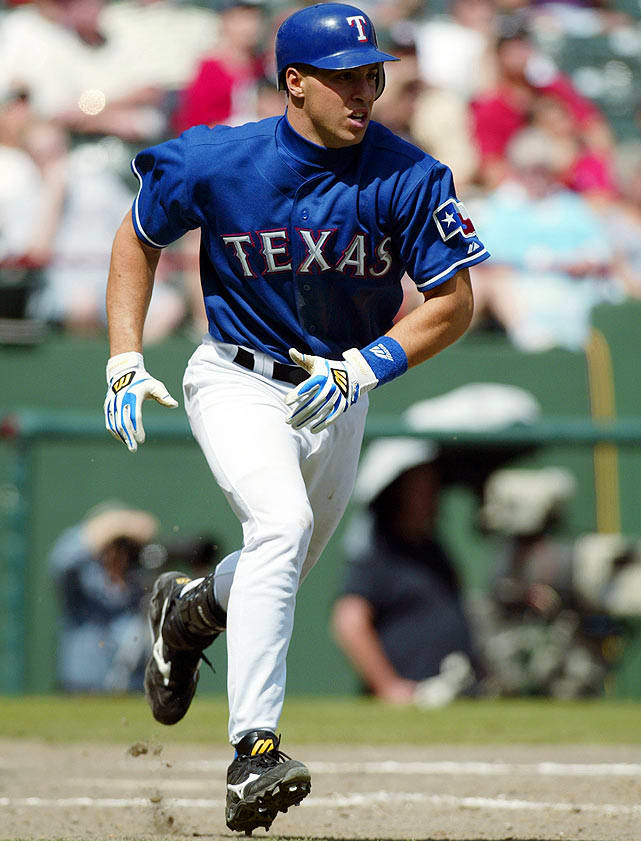
Teixeira left Georgia Tech as a projected star and didn't disappoint, hitting 26 home runs and driving in 84 runs in 2003, his rookie season. He's already played for four teams in his seven years but he's been a star everywhere he's gone, with at least 30 home runs and 100 RBIs each of the past six years while winning three Gold Glove awards and helping the Yankees to the 2009 world championship.
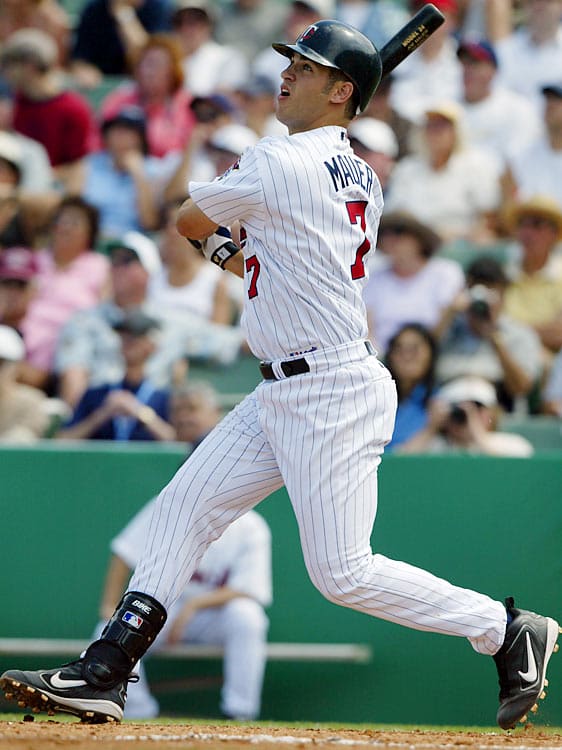
At 26, Mauer is already a civic treasure in Minnesota, and with good reason. The St. Paul native is easily the best catcher in baseball, with three All-Star game appearances, two Gold Gloves and the 2009 AL MVP award.
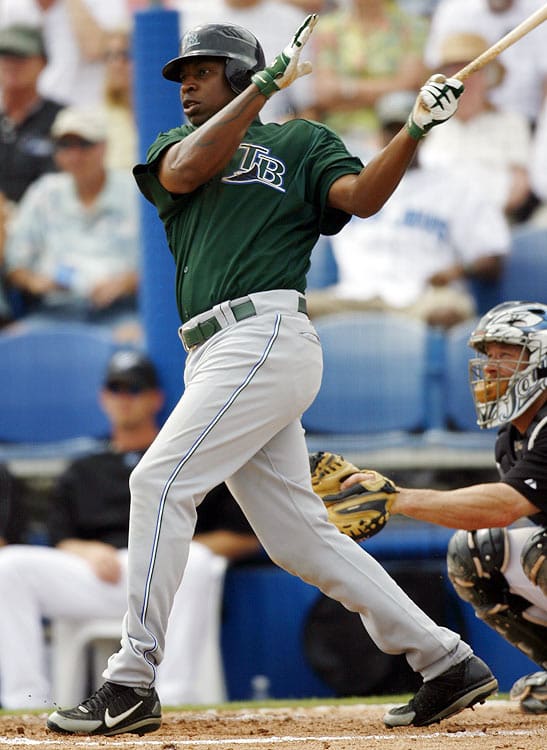
He never lived up to his hype in Tampa Bay, with the Rays shipping him off to the Twins before the 2008 season in a trade that brought them Matt Garza and Jason Bartlett. In Minnesota, Young has become a solid, if unspectacular, piece for the Twins, batting .288 with 129 RBIs in two seasons.
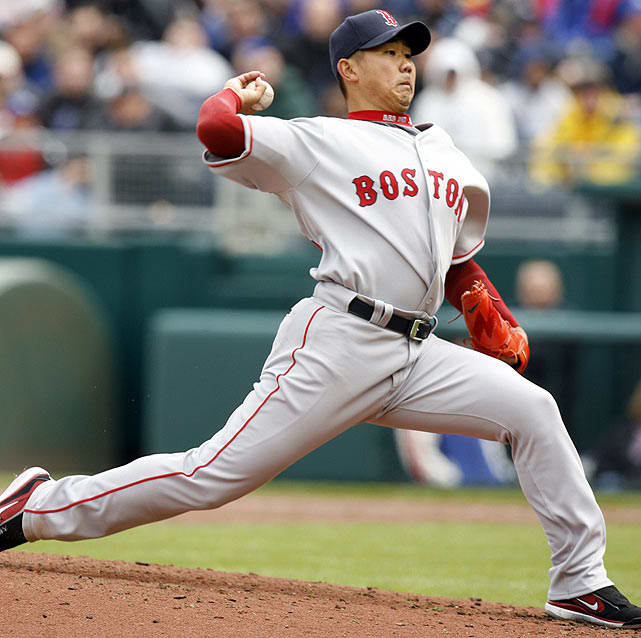
Matsuzaka was already a sensation in Japan and far from a typical prospect when he joined the Red Sox before the 2007 season. He helped the Red Sox win the World Series his rookie year and went 18-3 with a 2.90 ERA in 2008 before suffering through an injury-plagued 2009.
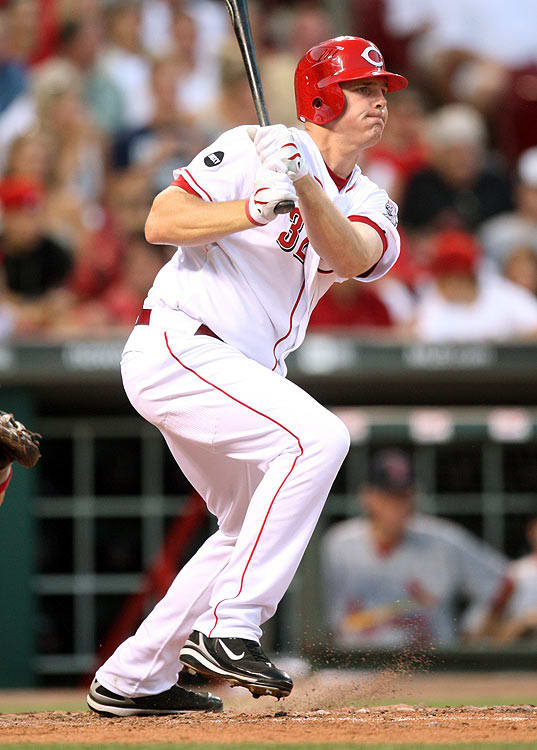
Bruce got off to a scorching start after his callup in 2008, batting .457/.554/.739 with 3 homers and 11 RBIs in his first 12 major league games, but he slumped badly after that, and finished with 21 home runs and 52 RBIs in 108 games. Injuries limited him to 101 games in 2009 and he had just 22 homers and 58 RBIs while hitting a paltry .223.
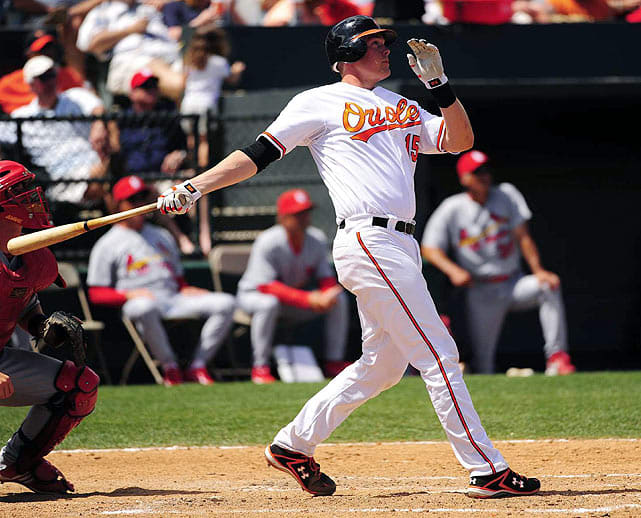
Wieters, the No. 5 overall pick in the 2007 draft, took over full-time catching duties in Baltimore midway through the 2009 season and after a slow start, the switch-hitter finished with a .288 average and .340 on-base percentage.
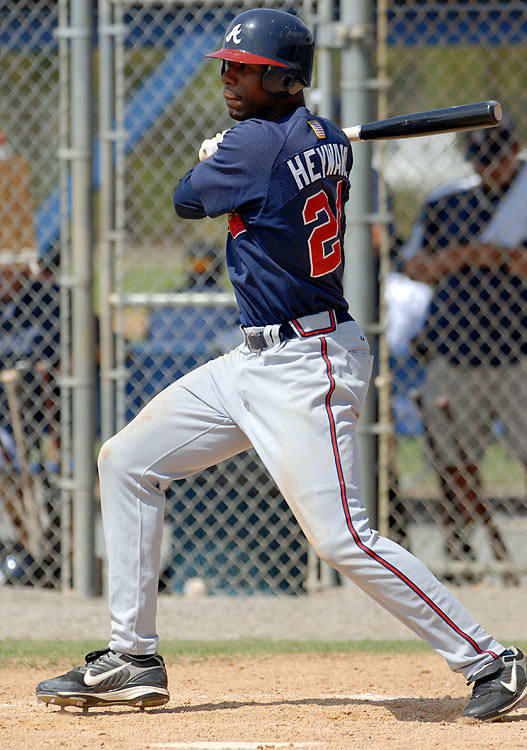
The Braves' outfielder represents the best combination of hitting ability, power and athleticism in the minors. Scouts believe that this 20-year-old, who figures to be in Atlanta at some point this year, has a chance to hit .300 with 30 home runs or more.
